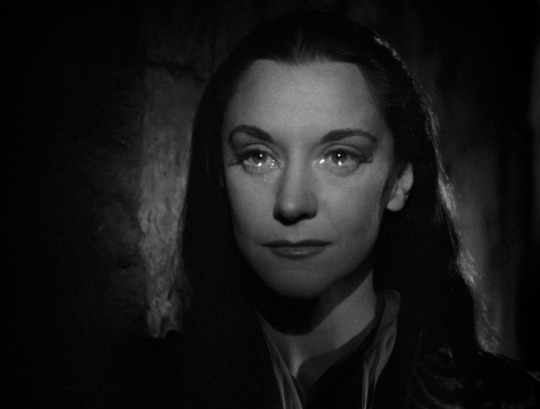#maría casares
Text

— María Casares, from a letter to Albert Camus written c. March 1952.
#María Casares#Albert Camus#words#poetry#literature#quotes#out of my collection#lit#abyss of words#quote#letters#this
334 notes
·
View notes
Text
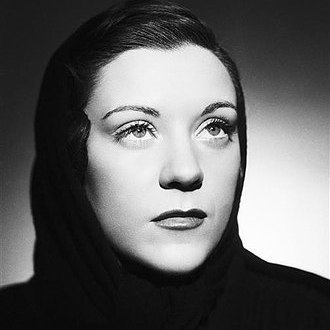

Propaganda
María Casares (Ladies of the Park, Orpheus, Children of Paradise)—Spanish-born French actress María Casares was a distinguished star of French stage and screen, appearing in notable films like Marcel Carné's Children of Paradise, Robert Bresson's Les dames du Bois de Boulogne, and (my favorite) Jean Cocteau's Orpheus as the unforgettable enigmatic Princess/[spoiler]. She's one of those people who just kept getting more beautiful as she aged because the depth and richness of her personality and the interesting life she lead shows in her expressions. She had a long and stormy affair with Albert Camus and they wrote each other a lot of passionate and poetic letters that you can look up if you're into that sort of thing.
Lotus Long (Tokyo Rose, Last of the Pagans, Think Fast Mr Moto)— Look at those doe-like eyes! Her abundant hair! Her perfect Cupid's bow!
This is round 1 of the tournament. All other polls in this bracket can be found here. Please reblog with further support of your beloved hot sexy vintage woman.
[additional propaganda submitted under the cut—spoiler for Jean Cocteau's Orpheus included, if you don't want to be spoiled don't click this]
María Casares:
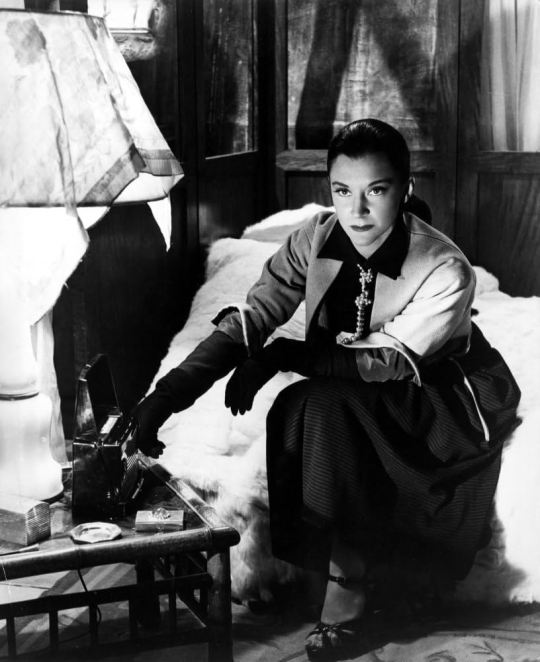
In Orphée she's death and he falls in love with her. She also dated Camus and they'd write things like "My thoughts are the color of your hair. Monday and a few days thereafter, they will be the color of your eyes."

157 notes
·
View notes
Text
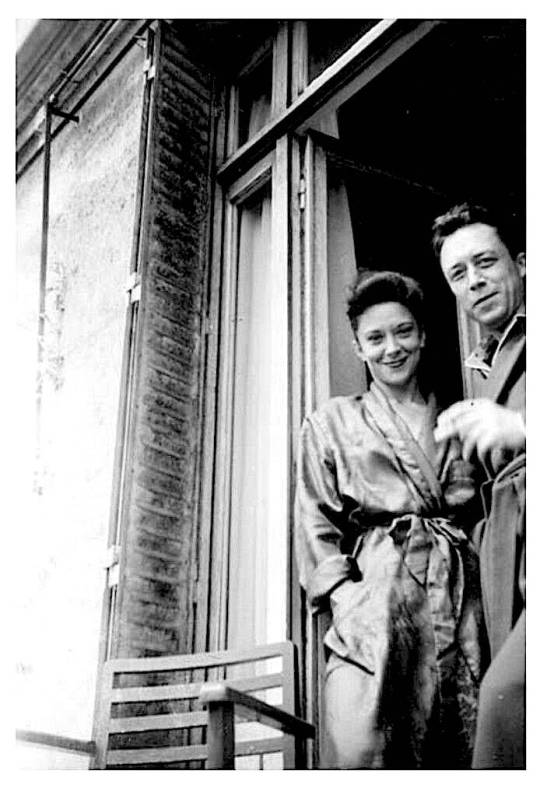
María Casares, November 21, 1922 – November 22, 1996.
With Albert Camus.
118 notes
·
View notes
Text
“We met, we recognized each other, we abandoned ourselves one to the other.
We have lived a love of burning, pure crystal.
Do you realize what happiness we have, and what has been given to us?”
// María Casares, a letter to Albert Camus written c. March 1952
#María Casares#spilled poetry#dark academia#spilled ink#poets on tumblr#words#spilled thoughts#vintage
74 notes
·
View notes
Text

María Casares, from a letter to Albert Camus
245 notes
·
View notes
Text

Orphée (1950), dir. Jean Cocteau
43 notes
·
View notes
Text
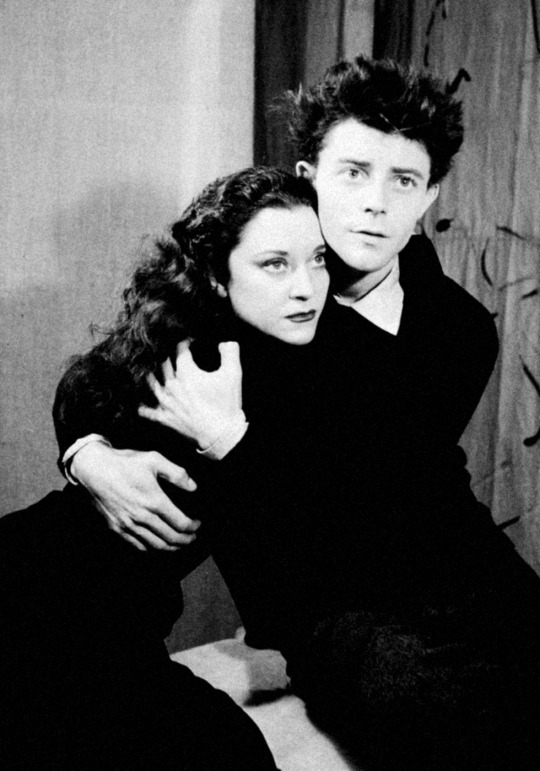
Gérard Philipe and María Casares in a publicity still of the play Les Épiphanies, 1947.
65 notes
·
View notes
Photo
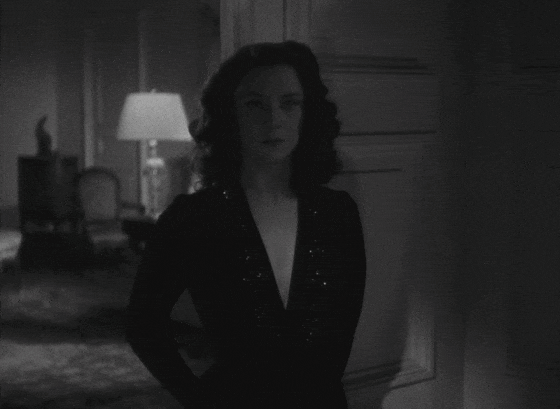
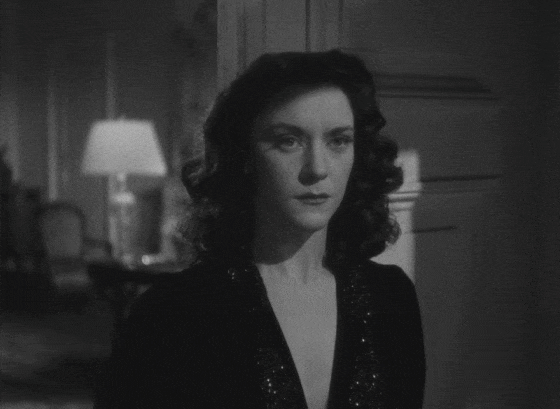
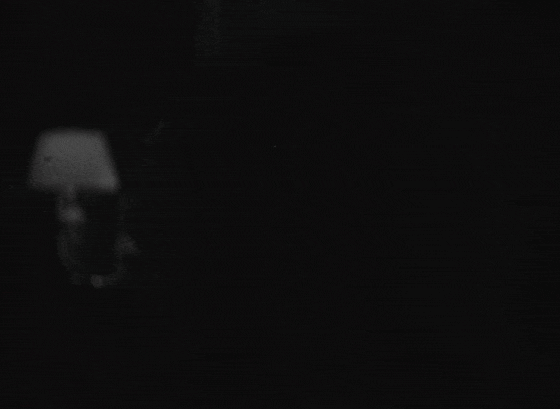
Les dames du Bois de Boulogne (Robert Bresson, 1945)
#les dames du bois de boulogne#robert bresson#maría casares#1945#gif#french cinema#french movie#french film
65 notes
·
View notes
Text
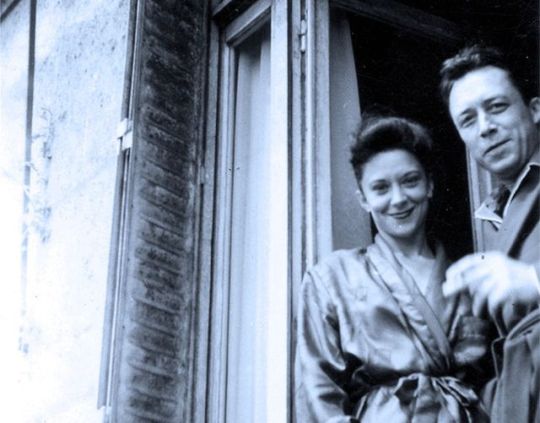
I have breathed better, I have hated things less. I have admired more freely what deserved admiration. With you, I have accepted more. I have learned to live.
— Albert Camus, in a letter to María Casares written c. July 1949.
19 notes
·
View notes
Photo
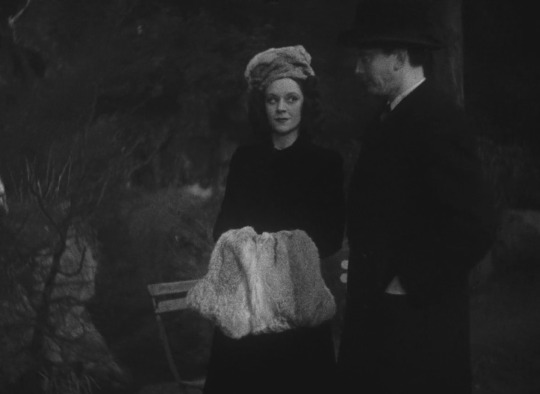
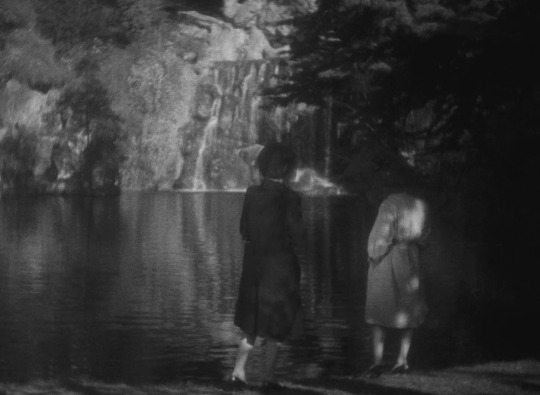
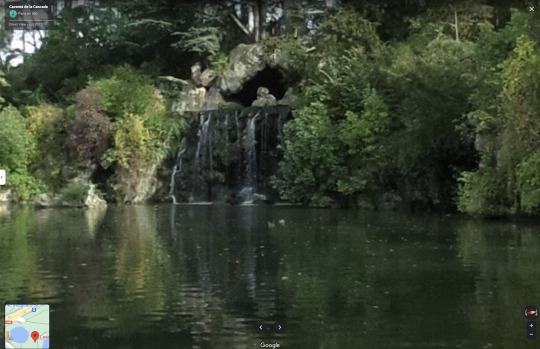
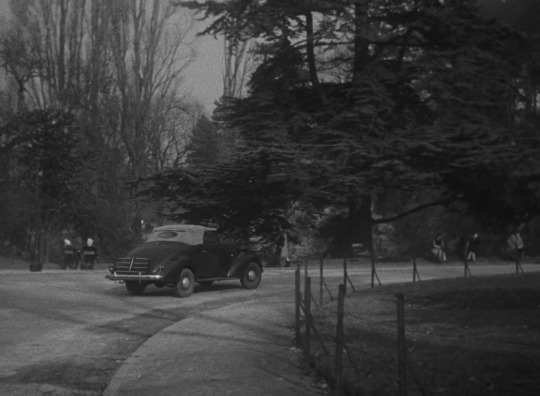
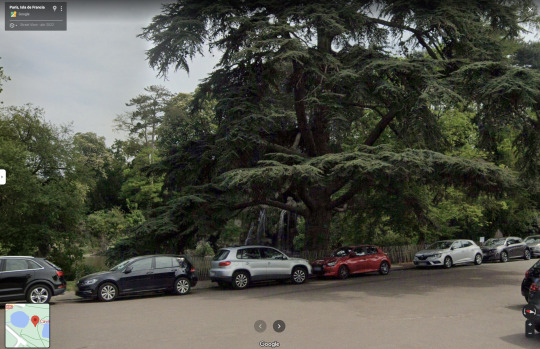
Les dames du Bois de Boulogne
Robert Bresson. 1945
Waterfall
Rte de la Grande Cascade, 75016 Paris, France
See in map
See in imdb
#robert bresson#les dames du bois de boulogne#waterfall#bois de boulogne#maría casares#paul bernard#paris#france#movie#cinema#film#location#google maps#street view#1945
15 notes
·
View notes
Text
“Everything is burning, my soul, body, outside, inside, heart, flesh... Do you understand? Do you really understand?”
— María Casares, from a letter to Albert Camus written c. March 1952
29 notes
·
View notes
Text



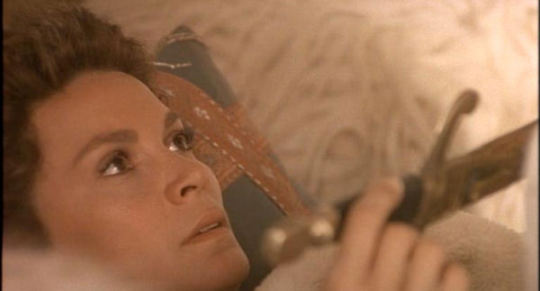

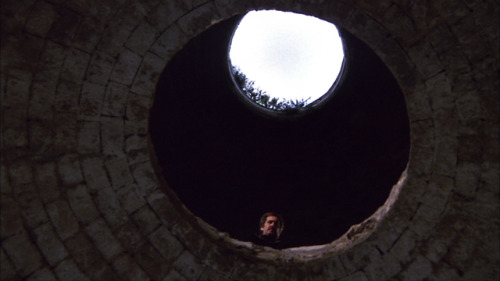
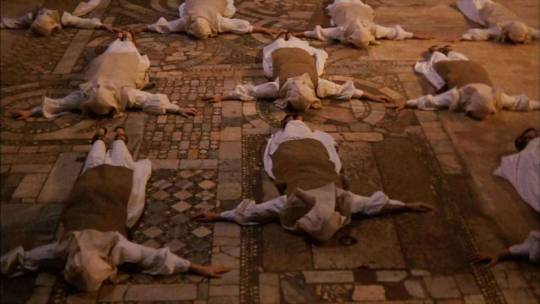
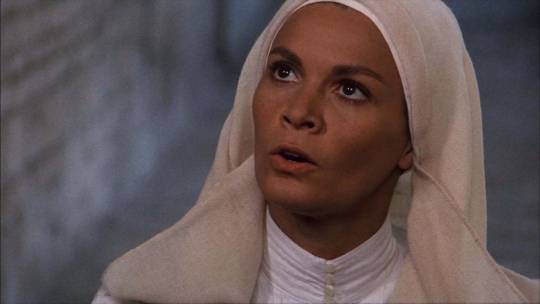

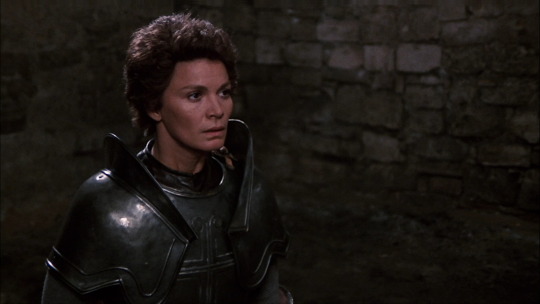
Flavia, la monaca musulmana (Flavia the Heretic, 1974)
"Why? Why is God male? The Father, the Son and the Holy Ghost - all male! Even the Twelve Apostles, all twelve of them... male."
#Flavia la monaca musulmana#Flavia the heretic#italian cinema#nunsploitation#Gianfranco Mingozzi#Fabrizio Onofri#florinda bolkan#maría casares#Claudio Cassinelli#anthony higgins#Spiros Focás#Guido Celano#Laura De Marchi#Raika juri#Jill Pratt#Giuseppe pertile#Stefano Trabalza#a.... challenging film to appreciate. not sure i can say i enjoyed it‚ exactly‚ but i can't deny that it's artfully made and its script#and execution is more intelligent than its reputation and graphic visuals would suggest. a challenging film. i posted a longer review on#letterboxd which (ever so slightly) better expresses my thoughts. suffice to say this is nunsploitation adjacent Italian genre cinema which#mixes some truly shocking scenes of violence and rape (including highly graphic torture scenes) with a partially successful feminist take#on Flavia's struggle to define her place as a woman in 1400s Italy‚ a time and place overtly oppressive to women. Flavia is a kind of#Italian Jeanne d'arc whose psychosexual trauma drives her to reject her Catholic calling‚ but whose subsequent military actions still have#a twisted quasi religious design. for revenge and for liberty‚ she cries‚ but whilst revenge may be within her grasp‚ liberty in this era#is an impossibility. whether under the heel of the catholic church‚ her abusive father‚ her muslim lover‚ Flavia's existence can never be#truly free of patriarchal rule. of course the feminist readings are somewhat undermined by the fact that the film was written and directed#by men‚ and by the glee with which those creators depict harrowing scenes of gratuitous violence against women. does the exploitation#outweigh the intelligence? putting aside the gore and such‚ this is a very beautiful film (there's a stunningly surreal dream sequence in#the final act) with an excellent score. the cast are all very strong too‚ from Bolkan's mesmerisingly powerful turn as Flavia to the late#great Cassinelli as the sole truly sympathetic male character and an outrageously pretty (and unexpected) Tony Higgins in eyeliner!
13 notes
·
View notes
Photo
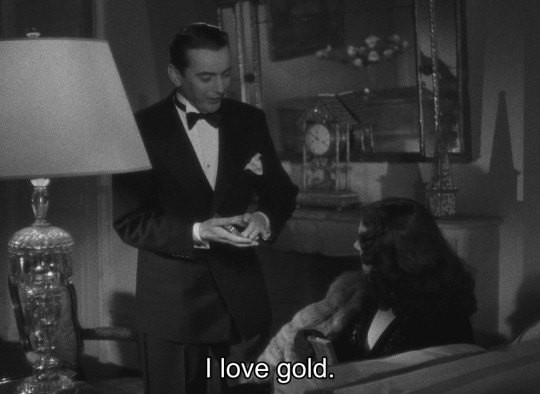
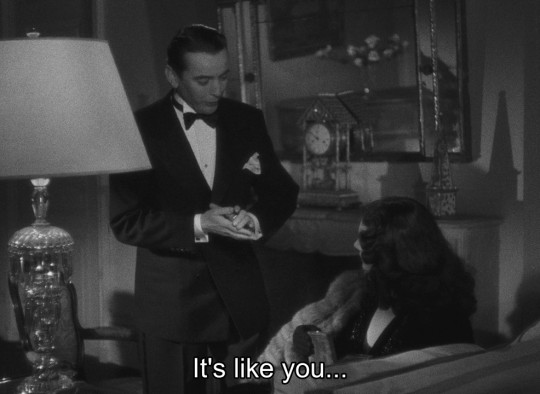
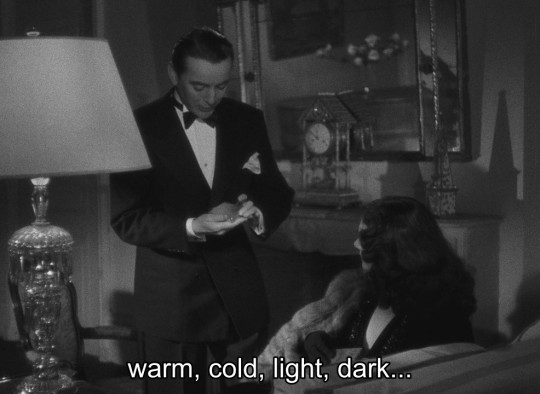
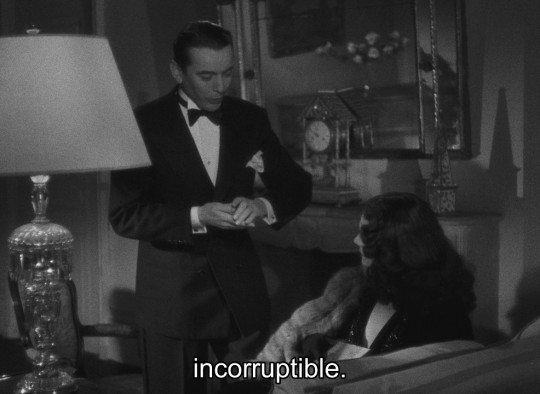
Les dames du Bois de Boulogne (Robert Bresson, 1945)
#les dames du bois de boulogne#robert bresson#paul bernard#maría casares#1945#french movie#french cinema#french fim
8 notes
·
View notes
Text
“Everything is burning, my soul, body, outside, inside, heart, flesh...
Do you understand? Do you really understand?”
// María Casares, a letter to Albert Camus written c. March 1952
41 notes
·
View notes
Text
voy a aprender francés únicamente para leer las cartas que se escribían Camus y María Casares …? sí
3 notes
·
View notes
